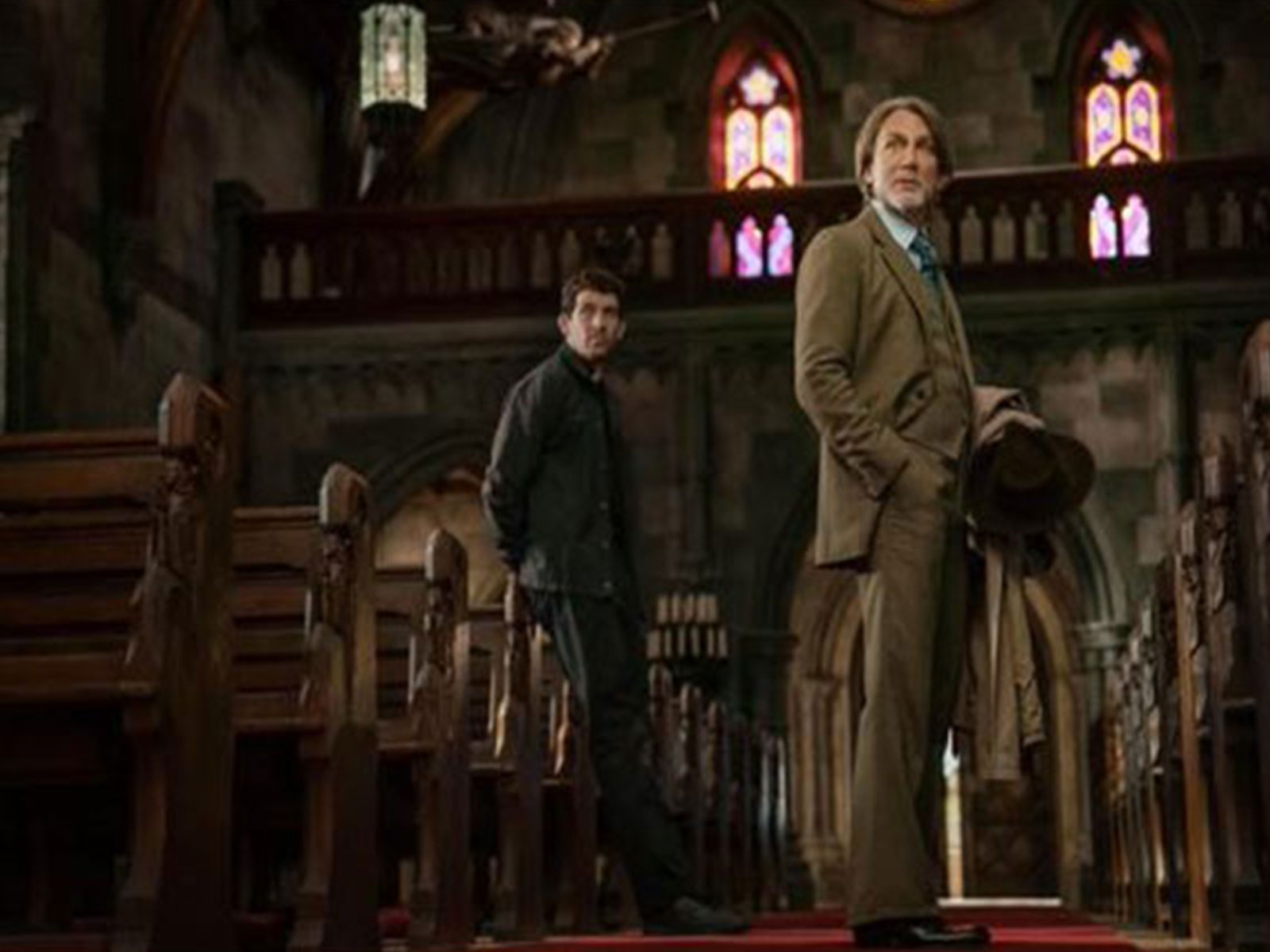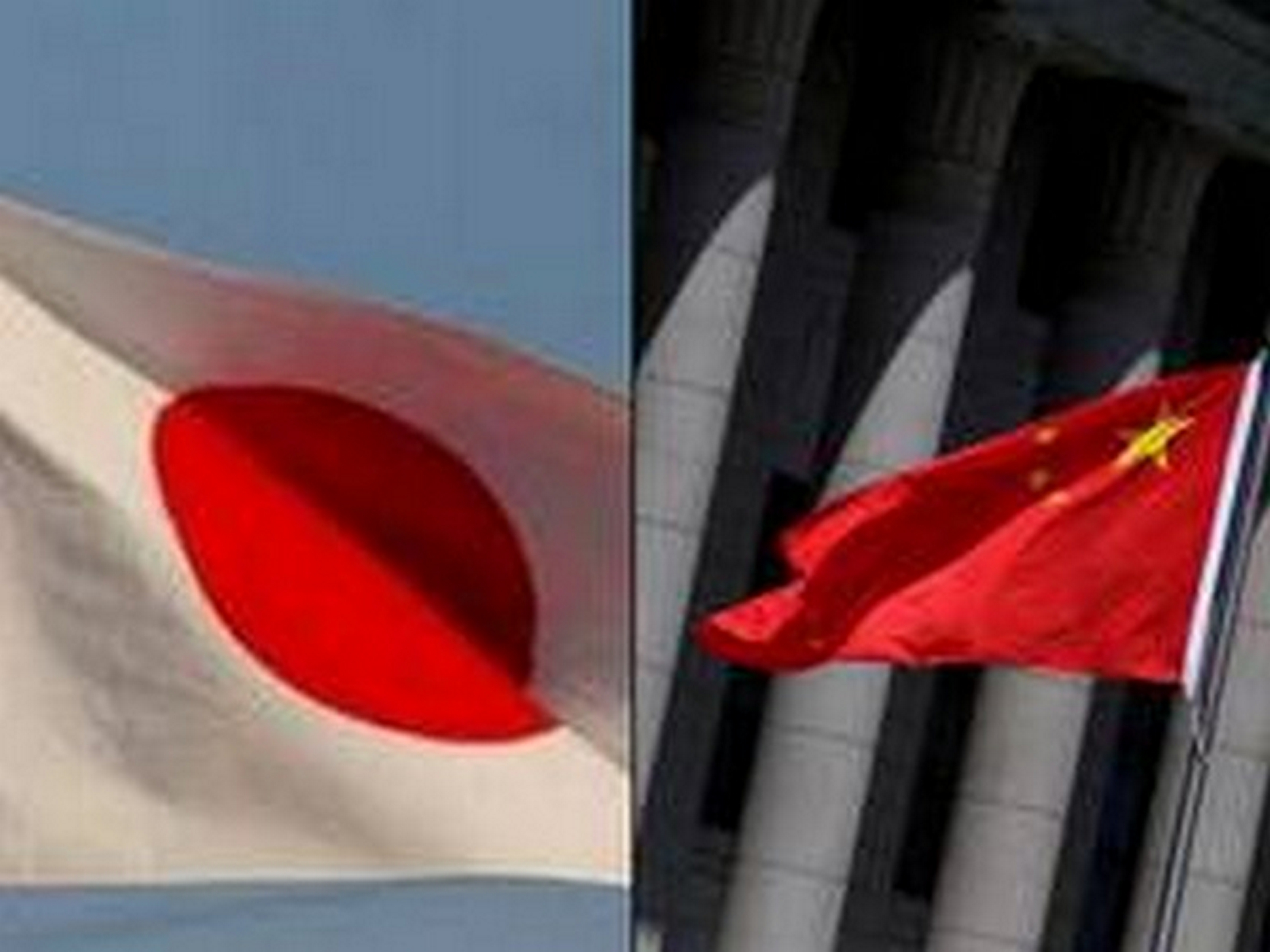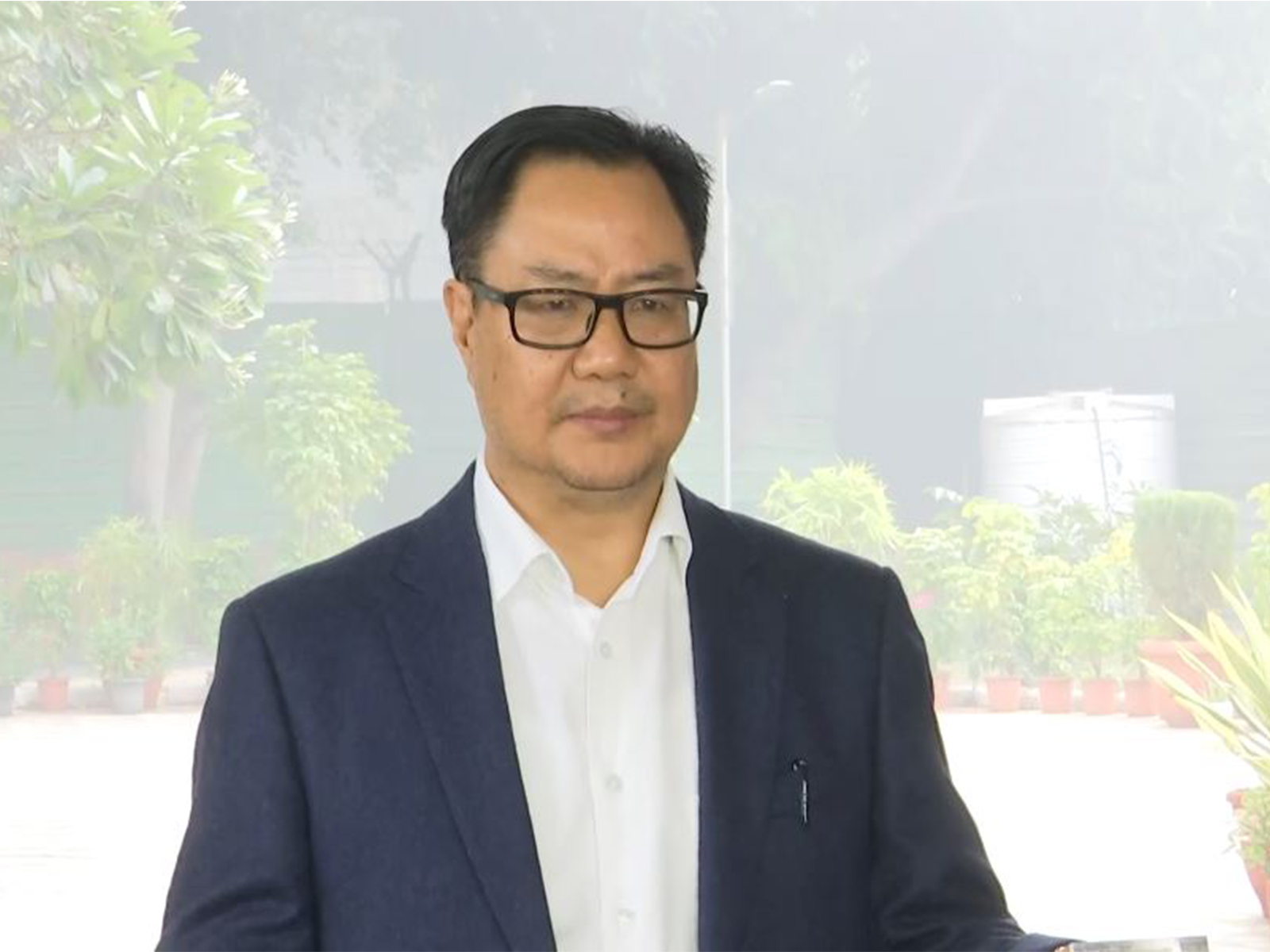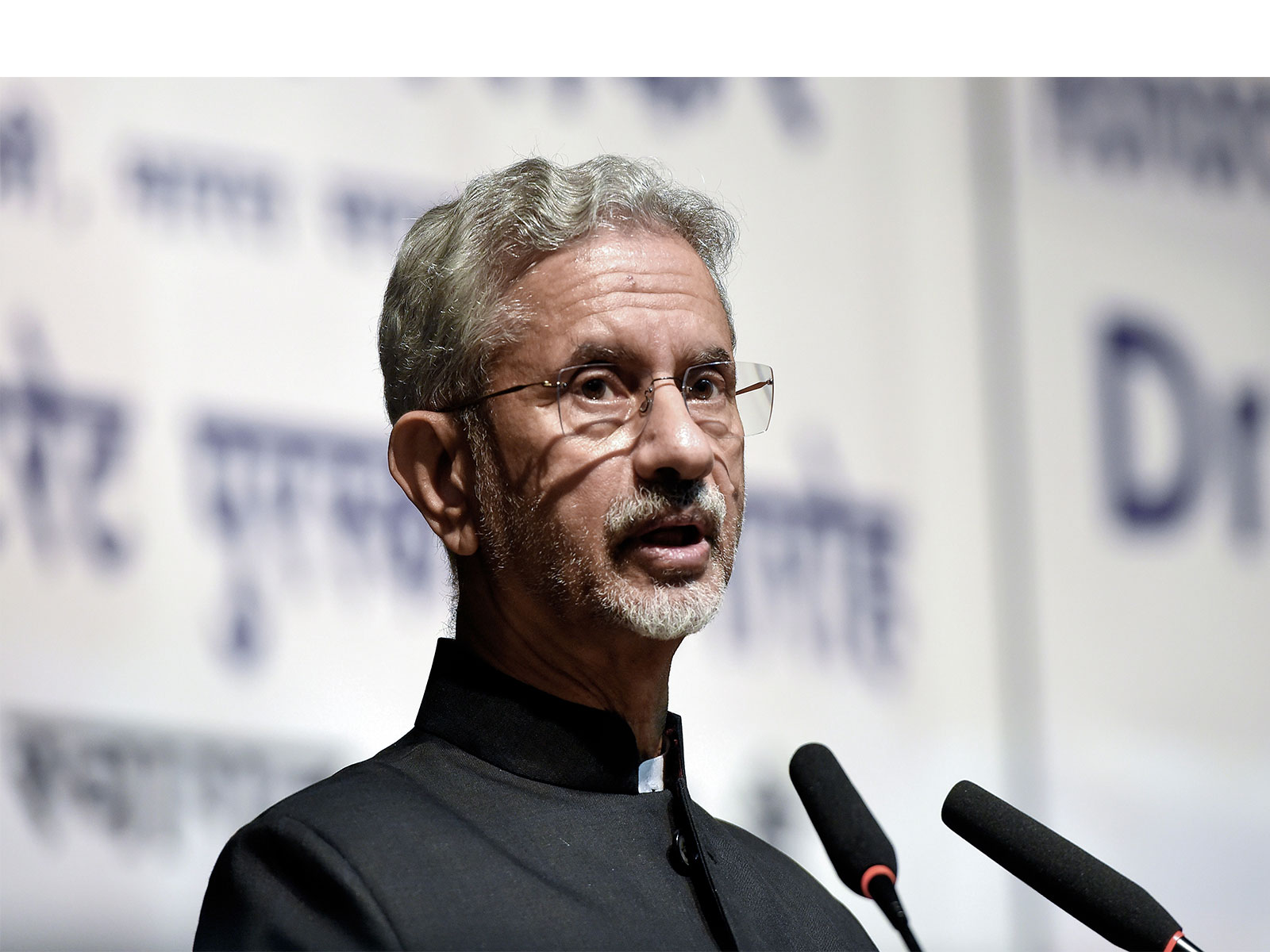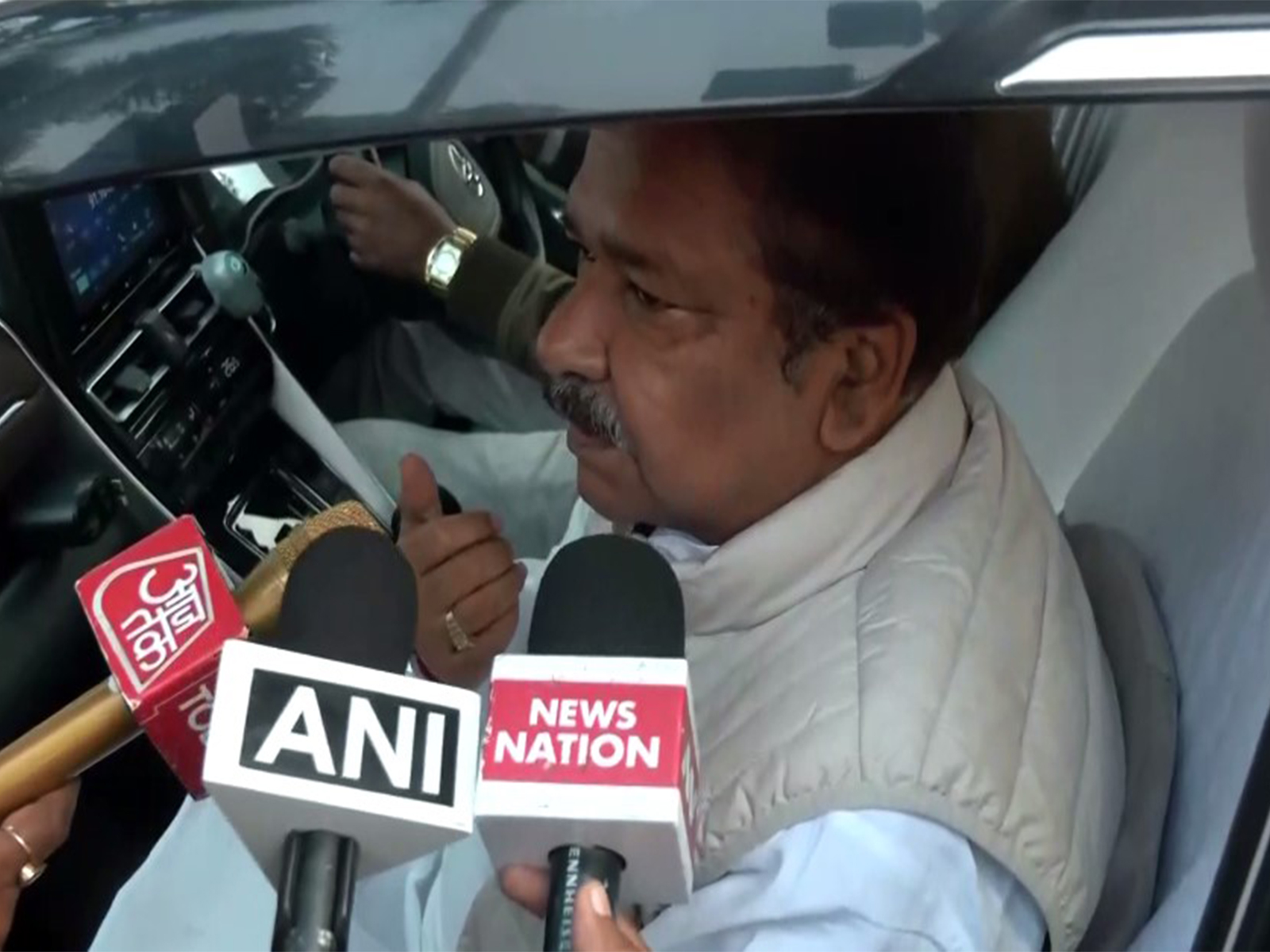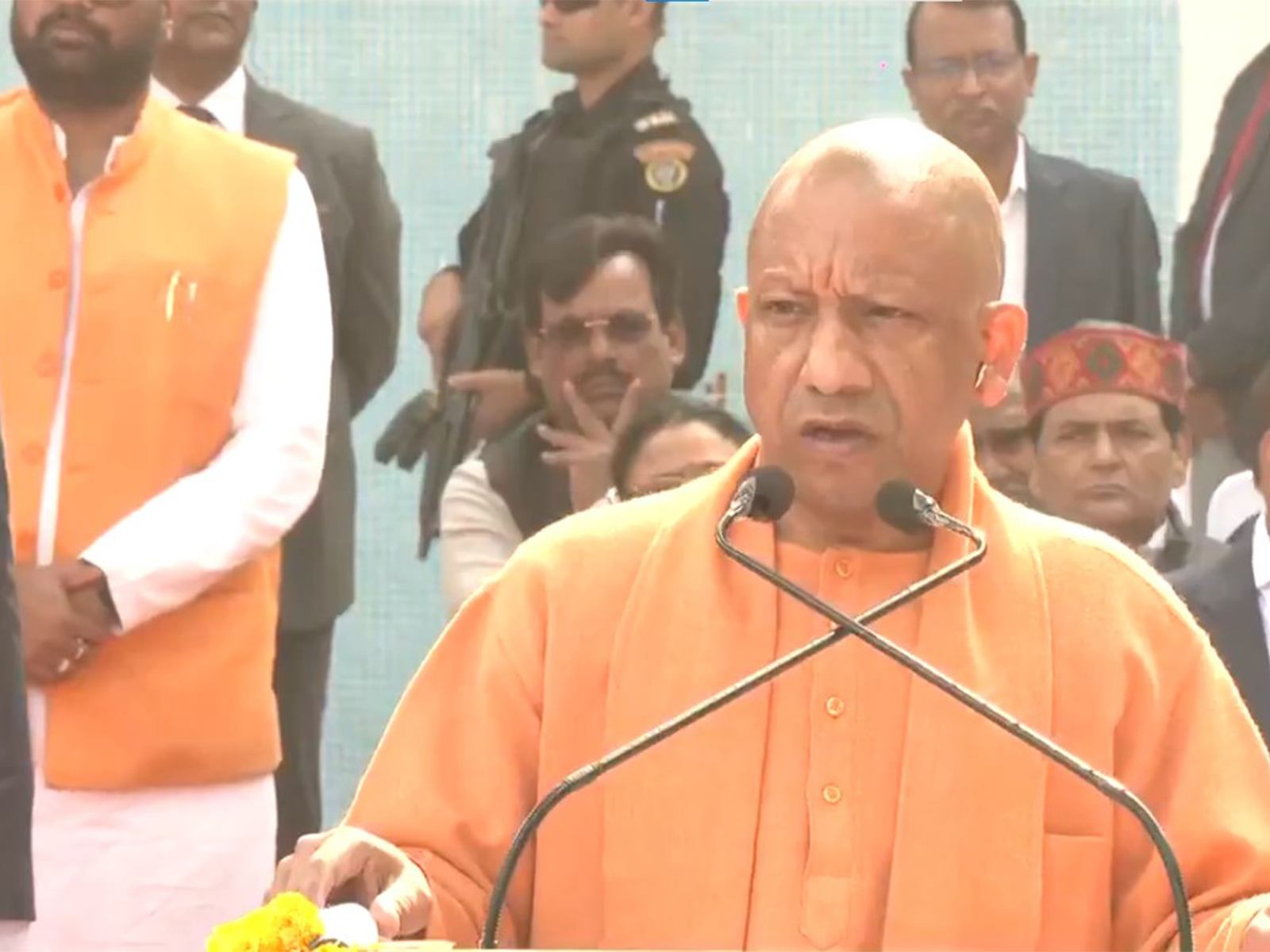Navratri 2023- Day 1: Ghatsthapna, Puja Vidhi, Bhog to offer Goddess Shailputri
Oct 15, 2023

Mumbai (Maharashtra) [India], October 15 : The 9-day-long festival of Shardiya Navratri festival dedicated to Goddess Durga and her nine avatars began on Sunday with the first day of the festivity being marked with Kalash or Ghatsthapna.
The festival is celebrated with much fervour all across the country by Hindus.
The festival takes place in the month of Ashwin during the Shukla Paksha (waxing phase of the Moon), hence the name. Pratipada Tithi, the first day of Navratri, marks the arrival of the Goddess.
Mata Shailputri is worshipped on the first day. She is also referred to as Hemavati and Parvati.
It is said that after her self-immolation, Goddess Sati was born to King Himalaya as Shailputri.
Shailputri is a combination of two words: Shail, which means mountain, and Putri, which means daughter, daughter of mountains. She is depicted with two hands, with a Trishul in the right hand and a lotus flower in the left.
Goddess Shailputri is also known as Vrisharudha because she rides a white bull.
Ghatsthapna
On Navratri Day 1, Abhijeet Muhurat is the most auspicious period since Chitra Nakshatra and Vaidhriti Yoga are taking place, and it is inauspicious to practise Ghatsthapana during this Nakshatra and Yoga, therefore devotees will have about 45 minutes for Kalash Sthapana beginning at 11:09 AM and ending at 11:56 AM.
Shailputri Puja Vidhi:
The festival begins with Ghatsthapna and is followed by Panchopachara Puja. Goddess Shailputri is presented with an oil lamp, incense sticks, flowers, fruits, and sweets made of desi ghee as bhog. Pink Colour is dedicated to Goddess Shailputri.
Significance:
On the first day of Navaratri, devotees worship Maa Shailputri and seek blessings for the well-being of the family.
Navratri means 'nine nights' in Sanskrit It is intended for worshipping Goddess Durga and her nine avatars, known as Navdurga.
Hindus observe a total of four Navratri throughout the year. Only two of them, Chaitra Navaratri and Shardiya Navaratri saw widespread celebrations, as they coincide with the beginnings of the seasons.
In India, Navratri is celebrated in a wide range of ways. Ramlila, a celebration in which scenes from the Ramayana are performed, is organised in North India, mainly in Uttar Pradesh, Uttarakhand, Bihar, and Madhya Pradesh. The burning of King Ravana's effigies marks the conclusion of the story of Vijayadashami.


